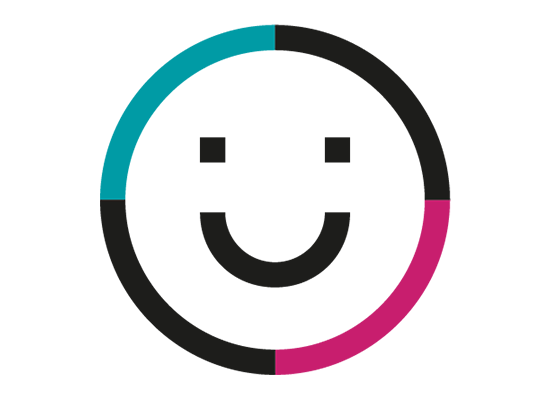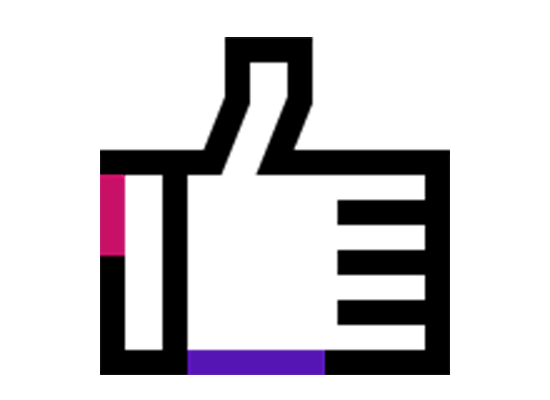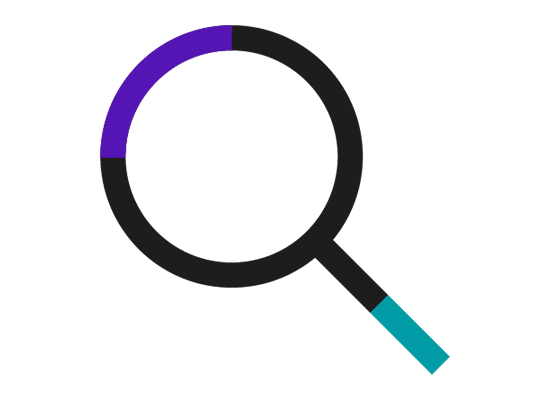Harnessing the power of tech to connect for good.
BT Group touches the lives of nearly every person in the UK in some way – and thousands more around the world. That’s why it’s important that we make the most of the opportunities that new technologies bring. That could be supporting healthcare, AI, security or the shift to a low carbon economy.
Successful adoption of new tech depends on public trust in both the technology and the organisations developing and deploying it.
We aim for our tech to empower people and improve their lives.
Guided by our responsible tech principles, we’ve committed to consistently develop, buy, use and sell tech in a way that benefits people and minimises harms.










